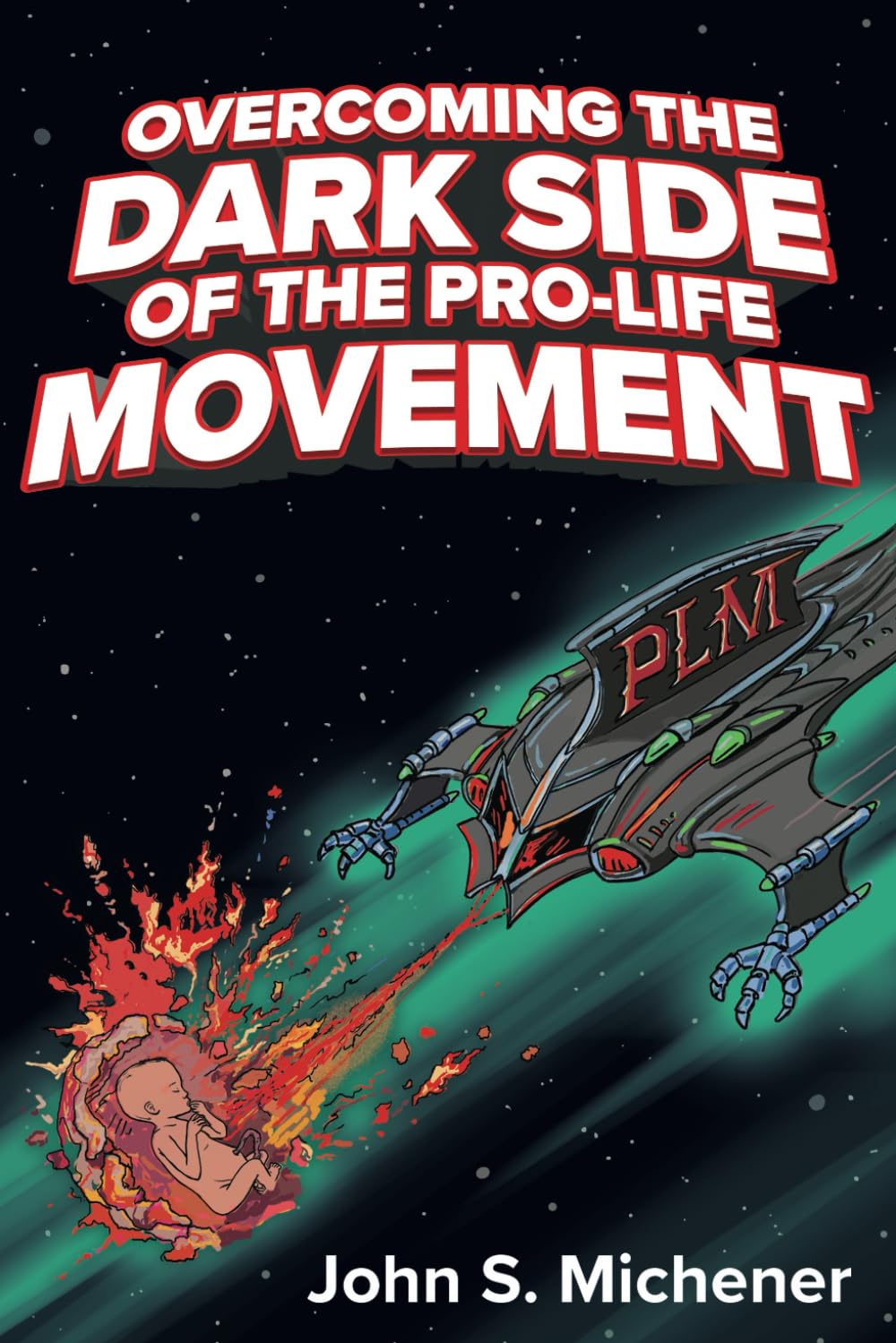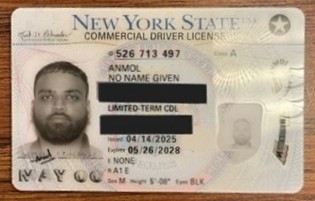Pictured: Book: Overcoming the Dark Side of the Pro-life Movement
Overcoming the Dark Side of the Pro-Life Movement, by John S. Michener, Independently Published, 2024.
By Steve Byas
I can recommend your purchasing this book, regardless of your present position on abortion.
Reviewed by Steve Byas
When I first started attending Republican state conventions in the 1970s, I became familiar with a pro-life advocate, Tony Lauinger, who was the chairman of Oklahomans for Life. He would wage a courageous battle to get the delegates to include a pro-life plank in the state platform. Year after year, he persevered in the teeth of vociferous opposition, and the plank was voted down each time.
But he never gave up, either at Republican conventions (where the pro-choicers finally were routed) or at the Oklahoma Capitol, where he lobbied state legislators to adopt this or that law that would reduce the number of abortions perpetrated in our state. In his long battle for the rights of the unborn, Lauinger first faced vitriol from abortion advocates, but now he faces equal animosity from those in the “Abortion Abolitionist” movement. To hear some of them tell it, one would think mild-mannered Tony Lauinger, a true champion of the unborn, was some sort of Darth Vader.
John Michener, who has written many columns for The Oklahoma Constitution newspaper over the years, is the author of Overcoming the Dark Side of the Pro-Life Movement, which makes the case for the Abortion Abolitionist position. As can be seen from the title of the book, Michener contends that there is a “dark side” to the pro-life movement.
I did not find Lauinger mentioned in the book, but Michener certainly questions the fundamental position of the pro-life movement – that they will support any bill that will reduce the incidence of abortion. The Abortion Abolitionists, on the other hand, actually advocate – at least in most cases – opposing many of these bills that Lauinger and others have fought so hard for since the infamous Roe v. Wade decision of 1973, dismissing them as “regulation” of abortion.
While I cannot agree with Michener about most pro-life advocates like Lauinger, I certainly understand his point when it comes to elected officials and political candidates. While many are totally sincere in desiring to combat the carnage of baby-killing that goes on in our world today, many others have just ridden the back of the pro-life movement in order to win Republican Party nominations for public office.
I cannot read the minds of these politicians, but we can certainly take note of their actions in office. The prime example of a person who made a political career out of pro-life, but when it came time to actually do something substantive to dramatically curb the legality of abortion, is our former governor, Mary Fallin. Michener does a good job in describing how Fallin said she was for the unborn, but then, during her second term as governor, she vetoed the strongest anti-abortion bill ever to make it to the floor of the Oklahoma Legislature – a bill that would have revoked the licenses of physicians performing the grisly practice.
“The licensing bill likely would not have received a hearing at all,” Michener wrote, “had it not been for the hard work [the late] Representative David Brumbaugh.” Once it was heard, Michener describes his surprise that the state Senate was actually going to take a vote on the bill, and send it to Fallin. Michener favored the passage of the bill, although he argues in his book that taking away the abortionist’s license was just a “slap on the wrist.”
The bill passed, 33-12, but Fallin quickly nixed with a governor’s veto. The “sheepskin was off,” Michner writes, exposing “the wolf underneath.” Now, Michner explained, “we understood why SB 1552 had passed easily out of the Senate. The governor must have agreed to take the fall. She was already term-limited and at the end of her state political career. She had nothing to lose, but every senator of the State could now brag to their constituents that they had voted pro-life.”
Michener does a good job of providing answers to those who challenge our support for the unborn (which Michener describes instead as “pre-born,” which is probably a better term for these little human beings being killed in their mother’s womb). He also urges those of us who care about these pre-born children to avoid certain arguments that practically all of us have used in our discussions with a “pro-choice” person. When they argue that a woman should be able to choose what to do with her “own body,” we counter that the pre-born child is a separate body. That chapter is worth reading, whether you are pro-life or abortion abolitionist.
There are statements made in this book, with which I simply cannot agree (including those having nothing much to do with the issue of abortion, like calling Jesus Yeshua. But that is for a future column). However, when I began reading the book, I expected to disagree with a whole lot more. I have had previous discussions with self-avowed “Abortion Abolitionists,” who, I must say, seem to care more about “justice” than saving babies. For example, multiple individuals I spoke with told me that they would vote against any abortion bill, even one completely banning abortion, if it failed to put the woman in prison. Anything less is not justice, they say, even if a bill saves some babies.
For example, I remember the sponsor of the bill in Oklahoma which requires a woman considering abortion to first see an ultrasound got “converted” from pro-life to become an abortion abolitionist. His law has saved thousands of pre-born babies from being aborted, as their mothers changed their minds after seeing the ultrasound. But this state senator made a video and posted it to Facebook, where he broke down in “repentance” over having authored such a bill. I have never been so disgusted.
While putting a woman behind bars might satisfy one’s goal of justice, it will probably just create more pro-choicers, much like the Fugitive Slave Act of 1850 created more slavery abolitionists. After all, if throwing women in the state pen actually became law, one would have to get district attorneys to actually file charges, then find twelve jurors that would actually convict. I have no doubt – as Michener contends – that the threat of a prison term would deter some women from seeking out an abortionist, but I also suspect that the backlash could lead to the complete legalization of the grisly practice. Sadly, many pre-born would be the ones who would suffer from such a law. After all, I am thankful that Schindler had a list.
I can recommend your purchasing this book, regardless of your present position on abortion. Although I believe he is unfair at times to many in the pro-life movement, a sincere pro-lifer will also find much in the book that is very useful, especially the chapters on changing people’s hearts about abortion.
As Michener bluntly puts it, “Abortion is not medical care; it is murder.”










Latest Commentary
Thursday 30th of October 2025
Thursday 30th of October 2025
Thursday 30th of October 2025
Thursday 30th of October 2025
Thursday 30th of October 2025
Thursday 30th of October 2025
Thursday 30th of October 2025
Thursday 30th of October 2025
Thursday 30th of October 2025